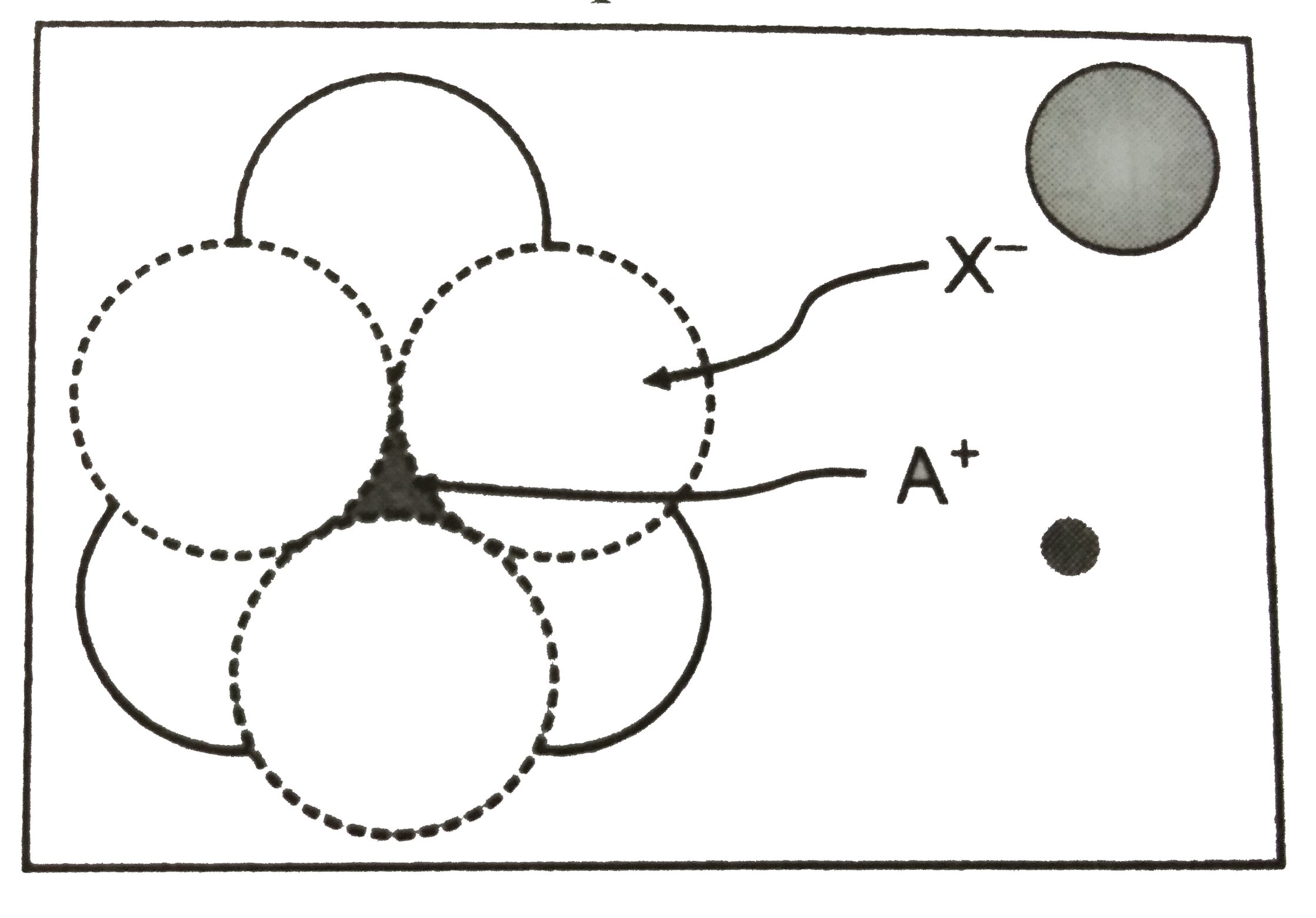By the 1920s the improvements in street lighting, domestic lighting and a surge in coffee houses - which were sometimes open all night-was complete. As the night became a place for legitimate activity, the length of time people could dedicate to rest dwindled. ” Evening’s Empire puts forward an account of how this happened. “Associations with a night before the 1 7th Century were not good,” it says. “The night was a place populated by people of disrepute- c riminals, prostitutes and drunks. Even the wealthy, who could afford candlelight, had better things to spend their money on. There was no prestige or social value associated with staying up all night.” That changed in the wake of the Reformation and the counter-Reformation. Protestants and Catholics became accustomed to holding secret services at night. If earlier the night had belonged to reprobates, now respectable people became accustomed to exploiting the hours of darkness. This trend migrated to the social sphere too, but only for those who could afford to live by candlelight. With the advent of street lighting, however, socializing at night began to filter down through the classes. In 1667, Paris became the first c ity in the world to light its streets, using wax candles in glass lamps. It was followed by Lille in the same year and Amsterdam t wo years later, where a much more efficient oil-powered lamp was developed. A small city like Leipzig in central Germany employed 100 men to tend to 700 lamps. London didn’t join their ranks until 1684 but by the end of the century, m ore than 50 of Europe’s major towns and cities were lit at night. Night became fashionable and spending hours lying in bed was considered a waste of time. “People were becoming increasingly time-conscious and sensitive to efficiency, certainly before the 19th Century,” says Roger Ekirch. “But the industrial revolution intensified that attitude by leaps and bounds. Strong evidence of this shifting attitude is contained in a medical journal from 1829 which urged parents to force their children out of a pattern of first and second sleep. “If no disease or accident there intervene they will need no further repose than that obtained in their first sleep.” Today, most people seem to have adapted quite w ell to the eight-hour sleep, but Ekirch believes many sleeping problems may have roots in the human body’s natural preference for segmented sleep as well as the ubiquity of artificial light. This could be the root of a condition called sleep maintenance insomnia, where people wake during the night and have trouble getting back to sleep, he suggests. The condition first appears in literature at the end of the 19th Century, at the same time as accounts of segmented sleep disappear.
Which of the following i s NOT true regarding the nights in 1920s in Europe?
Nights became a time for legitimate activity
Socializing at night became common among all classes
Protestants and C atholics started holding secret services at night.
Mostly people of disrepute haunted the streets at night.
The correct Answer is:D
)Mostly people of disrepute h aunted the streets at night. Line/s from the passage- “As the night became a place for legitimate activity That changed in the wake of the Reformation and the counter-Reformation. Protestants and Catholics became accustomed to holding secret services at night.
Similar Questions
समस्याओ को रेखिक समीकरण युग्म के रूप में व्यक्त कीजिए और फिर उनके हल ज्ञात कीजिए :
2 महिलाए एव 5 पुरुष एक कसीदे के काम को साथ - साथ 4 दिन में पूरा कर सकता है , जबकि 3 महिलाए एव 6 पुरुष इसको 3 दिन में पूरा कर सकते है । ज्ञात कीजिए की इसी कार्य को करने में एक अकेली महिला कितना समय लेगी ? पुन इसी कार्य को करने में एक पुरुष कितना समय लेगा ?
View Solutionआयनिक ठोसों के लिए जिसमे धनायन तथा ऋणायन प्रबल वैधुतक्षैतिज बल के द्वारा जुड़े होते हैं इनमे से कौन-सा कथन सही नहीं है ?
View SolutionA तथा B धातु युक्त द्विअंगी मिश्रधातु के इकाई सेल की ccp संरचना है जिसमे A परमाणु कोनो पर तथा B परमाणु घन के प्रत्येक फलक के केंद्र पर स्थित होते है । यदि इस मिश्रधातु के क्रिस्टलीकृत के दौरान, इकाई सेल में दो A परमाणु लुप्त हो जाते हैं, तब प्रति इकाई सेल का पूर्ण संघटन होगा :
View Solutionप्रयोग के आधार पर एक धातु ऑक्साइड का सूत्र M0.98O पाया गया । यदि धातु M इस ऑक्साइड में M2+ और M3+ के रूप में विघमान हो तो धातु का जो प्रभाज M3+ के रूप में होगा, वह है :
View Solutionठोस AX में A+ आयन के चारो और X− आयन की व्यवस्था है, जैसा की चित्र में दर्शाया गया है (सही माप सूचक नहीं है) । यदि X− आयन की त्रिज्या 250 pm हो तो A+ आयन की त्रिज्या है :

View Solutionराजू और उसके पिताजी नदी में नाव से जा रहे थे | राजो के पिता जी ने घडी में प्रयुक्त सेल तथा सावन यंत्र नदी में फेक दिए| राजूने अपने पिता को ऐसा करने से रोका
रासायनिक विज्ञान के विधार्थी होने के नाते आप राजू के पिताजी को नदी में सेल नहीं फेकने को क्योँ कहेंगे |
View Solutionमनु और उसके पापा अपने इन्वर्टर के लिए बैटरी खरीदने के लिए एक दूकान पर गए | दुकानदार ने उन्हें लेद प्लेट ववाली और केडमियम प्लेट वाली दो प्रकार की बेटरिया दिखाई |केडमियम प्लेट वाली बैट्ररी लेद प्लाट वाली बैटरी से काफी कीमती थी | मनु के पापा लेद प्लेट वाली वेटरी खरीदना चाहते थे, क्योँकि वह सस्ती थी | उपयुक्त अवतरण के आधार पर निम्न प्रश्नों के उत्तर दीजिए
रासायनिक विज्ञान के विद्यार्थी होने के नाते, आप मनु के प[आप को केदमुयम प्लेट वाली कीमती बैट्ररी खरीदने के लये क्योँ करते है ? दो कारण दीजिए |
View Solutionसल्फर का कौन-सा ऑक्साइड अपचायक एवं विरंजक का कार्य करता है ?
View Solution
